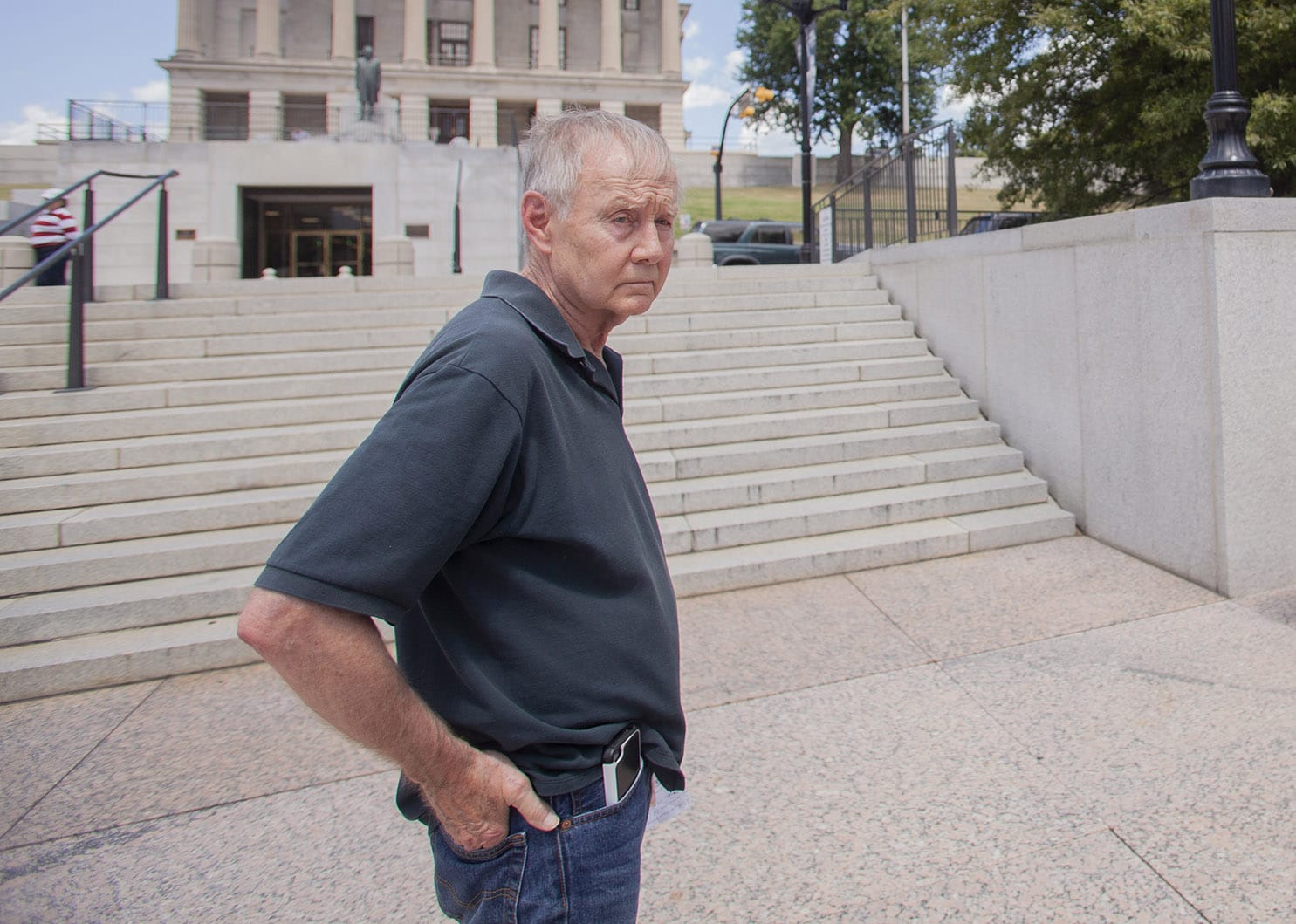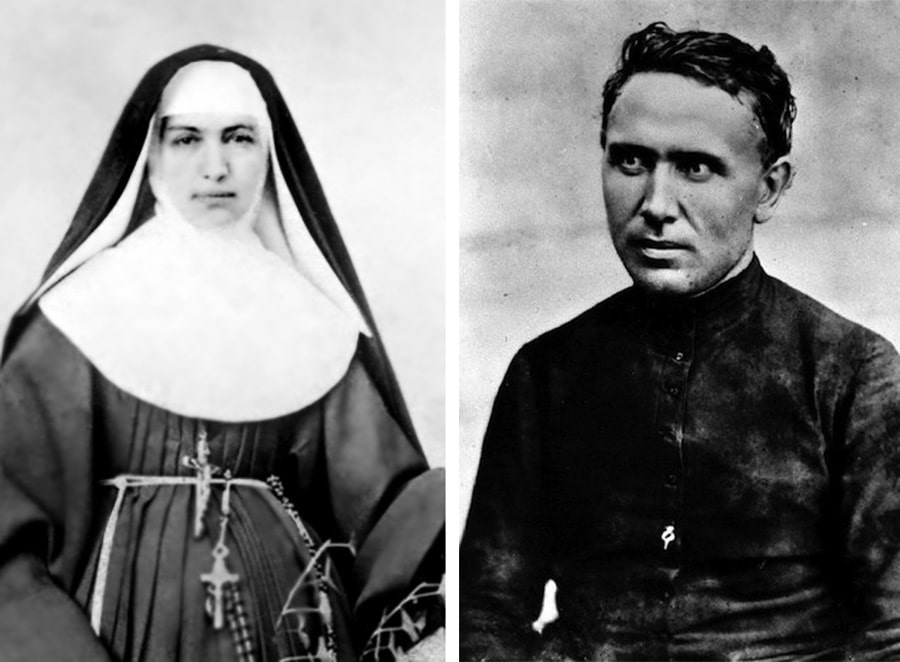In an era saturated with viral videos, it’s not often that a country song resonates with such depth and urgency. Virginia country singer Oliver Anthony’s song “Rich Men North of Richmond” has taken the internet by storm. Posted Aug. 8, just a few days later the YouTube video has more than 12 million views.
Capturing the essence of the working class’s frustrations, Anthony channels it into a powerful ballad lamenting greed and injustice. This scathing tale, buoyed by its singer-songwriter’s emotional performance, has garnered significant attention from conservative pundits, urging us to take seriously the underlying message behind the lyrics.
Anthony’s lyrics strike a chord, painting a vivid picture of the struggles faced by the working class: “I’ve been selling my soul, working all day / Overtime hours for bullsh** pay.” The song addresses issues such as high taxes, abuse of welfare and selfish career bureaucrats. Anthony’s emotionally charged performance captures the pain and desperation of those who feel left behind by a system seemingly irreversibly skewed in favor of the wealthy.
An instant hit
Currently, Anthony’s ballad is the number one song on iTunes, which seems remarkable but perhaps should not be surprising at all. Beyond the committed partisans of the left and right who live and breathe to cheer on the defeat of the other side, most Americans don’t get terribly excited about the kabuki drama of politics; they’re too busy living real life and facing the kitchen table issues of budgets, education and safety. Is that reality what is driving the success of this song?
With a voice that echoes the sentiments of the marginalized, Anthony’s song underscores the challenges that the working class endures daily. His lyrics highlight the frustration that many feel as they struggle to make ends meet, facing an economic landscape where the dollar’s value seems to dwindle.
What’s more, in the face of Washington gridlock, “Rich Men North of Richmond” is not just a catchy tune; it’s a call to action. Anthony utilizes his music as a platform to address critical social issues, including economic inequality, mental health and the normalization of human trafficking. His dead-center political stance reflects his concern for the well-being of the people, regardless of their political affiliation.
Anthony himself has said, “I’ll say this, I sit pretty dead center down the aisle on politics and always have.” There’s no doubt that some of the song’s themes are political. But it gets at bigger things. And that’s why I think listeners have embraced its cri de coeur.
A message for the Church
All politics is ultimately spiritual. People are looking for someplace to turn, because they are frustrated, tired and worn. One user commented on YouTube, “I’m Swedish, believe me this song hits the soul of everyone with a down to earth human mind.” Another said, “This song made me cry for everyone just trying to get by.” Another said, “This song isn’t for the left or right, it’s for the people.”
And if we as a Church just think the song is a political sensation, or listen to the pundits who tell us that it’s right-wing saber rattling, we’re not really listening.
Why don’t those who feel left behind hear the Church defending them? Why haven’t they found solace and peace that only the Gospel of Jesus can bring? With internal debates like those surrounding the coming synod on synodality driving a lot of ecclesial conversation, are we able to really listen beyond our own ideological wars?
Rather than dismissing “Rich Men North Of Richmond” as politically biased or regressive, we should view it as a heartfelt plea for empathy and understanding. Anthony’s song encourages us to put aside preconceived notions and engage in conversations about the struggles of the working class. It reminds us that unity doesn’t stem from political alignment but from recognizing the shared humanity and aspirations of people across society.
We have to take this song seriously. Only then can the balm of faith be readily offered and applied.







